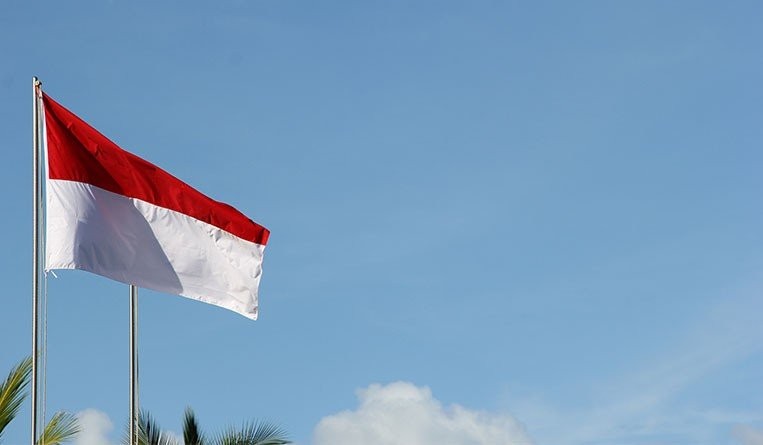Significant Changes to Indonesian Patent System
19 October 2016

An important piece of new Indonesian patent legislation, Law No.13 of 2016, came into effect on August 26, 2016, replacing the old patent law, No.14 of 2001.
Simple Patents
Under the old legislation, simple patents merely covered visible product innovation. The new law has expanded the scope of protection of a simple patent to include new processes or development of an existing process.
Furthermore, the law also reduces the period to approve or refuse a simple patent application to 12 months from filing date.
Experts as Patent Examiners
One new addition of significance is that independent experts may now be hired as patent examiners from outside the Direktorat Jenderal Kekayaan Intelektual (Directorate General of Intellectual Property – DGIP). These may be professionals from universities or research institutions who may understand technology transfer to anticipate developments in any patentable sectors. This reduces the time for the DGIP to approve or refuse an application to 30 months from request of substantive examination – or from the end of publication, if the request for examination was filed before this.
Second Use or Second Medical Use Claims
The new patent law restricts claims directed to a new use of a known product and a new form of an existing product and a new form of an existing compound that does not offer significant increase in efficacy.
Patentable Software
Under certain conditions, the new patent legislation allows computer programs boasting characters with technical effects and functions that solve particular problems, whether tangible or intangible (including algorithms, and encoding and decoding software) to be patented. Previously, such kinds of software could only be protected by the copyright law.
Patent Annuity
Under the former legislation, the first annuity needed to be paid from within one year after the grant date and a maximum penalty of 24 months would be imposed if payment was not made within the prescribed grace period. If payment of annuities failed to materialize in three consecutive years, the patent would be deemed null and void and the patent owner would have had the obligation to pay the unpaid fees.
The new law stipulates that the first annuity should be paid from within six months after the grant date. A patent will be considered null and void if annuities are not paid by this due date. However, an extension of up to 12 months may be requested until seven days before the payment due date of the relevant year at the latest. If this extension is applied, the annuity will be added with 100 percent of total payment of the relevant year.
The subsequent annuity payment shall be made one month before the filing date of the subsequent protection period at the latest.
The most significant changes of this annuity payment is that a patent owner no longer has the obligation to cover unpaid fees.
Subject to a circular due to be released by DGIP, ongoing annuities for patents that have been granted before August 26, 2016, will still adhere to the previous legislation.
Patent Appeal Commission
Under the new law, the authority of the Patent Appeal Commission is extended to decide appeals against patent application rejections, appeals of post-grant amendments concerning correction of descriptions, claims or images, and also appeals against the granting of patents by third parties. Previously, the Patent Appeal Commission only had authorization to decide appeals against patent application rejections.
Further Amendments
With regard to inventions relating to genetic resources or traditional knowledge, these genetic resources or traditional knowledge must be disclosed clearly and correctly.
With regard to changing data relating to pending applications, it is no longer permissible to alter an individual or corporate applicant’s name, address or nationality.
Just as is the case with copyright, patents can now be used as fiduciary assurance. The new law pledges to further regulate this area concerning patents.
Furthermore, there are two actions newly clarified not to be classed as patent infringement:
• Importation of a pharmaceutical product which has patent protection in Indonesia, if that product is marketed legally in another country, provided that it is imported according to the prevailing laws and regulations.
• The manufacture of a pharmaceutical product which has patent protection in Indonesia within five years before the patent protection expires, for the purpose of licensing and marketing that may be done after this protection has expired.
With these sweeping changes, and the pledge to accommodate online filing in the near future, the Indonesian patent landscape has been transformed in 2016.








